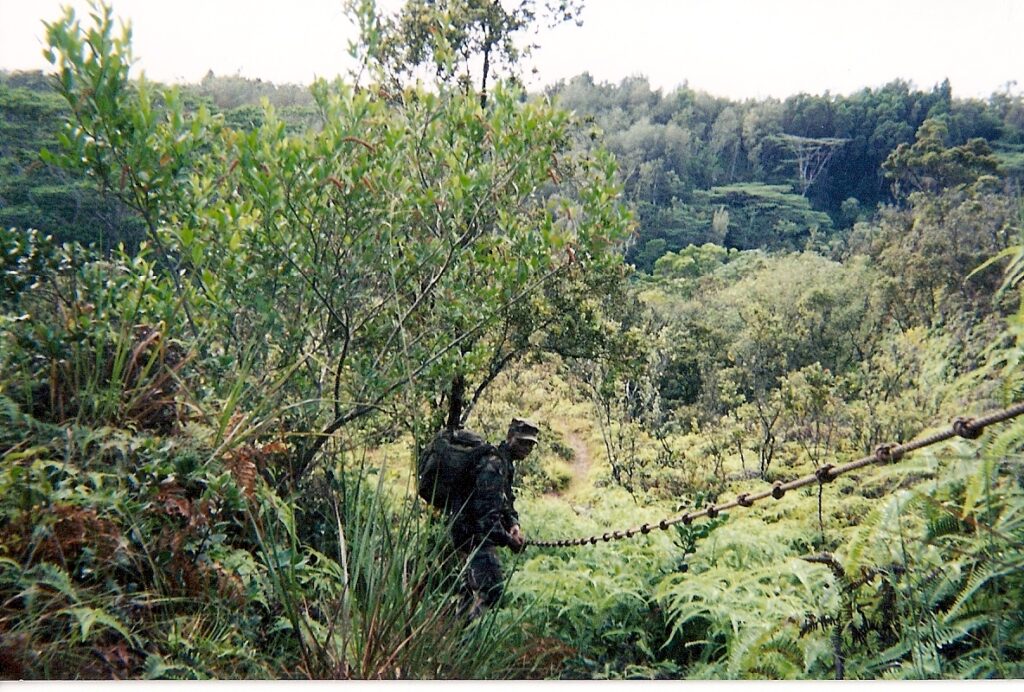The No Limit Mindset
In military and law enforcement training, individuals must go through rigorous training scenarios in which they are subjected to potentially life-threatening situations. Training must be demanding and simulate mission conditions as much as possible while keeping safety in mind.
These scenarios are supposed to measure a person's ability to (not only react to save their own life) but make the right call so that other lives are saved and the threat is neutralized.
What do you call an individual who is physically fit, can go the distance in any situation, endure hardships, work through the pain, discomfort, and fear when they are wet, cold, tired, and hungry? What mindset does this individual have to continue the mission, even though the odds are stacked against him or her?
The no-limit mindset embraces the unknown; whereas the individual can go from 0 - 100 – back to 0.
Many leaders talk about the no-limit mindset. However, they explore the no-limit mindset as a way of getting out of your comfort zone and other limitations on what people can do physically, academically, and from what occupation to explore in their life.
I argue that leaders in the military, law enforcement, business world, and many other professions should look at attributes of an employee versus measurable skills.
Skills direct behavior for a known situation. That is, we train, train, and train for that known situation, whether that is on the battlefield, police officer on the streets subduing a subject, or in the boardroom. When you get into an unknown or uncertain situation, skills do not apply.
Basically, begin to prepare yourself to be unprepared. Because, if you were prepared for the attack or uncertain situation, you would not have been in that situation in the first place.
Essentially, some individuals who find themselves in tense, uncertain, and rapidly involving situations – shut down; yet, an individual who has trained themselves with the no limit mindset has learned to focus on those core attributes, where the thinking begins in the uncertain or unknown situation.
Embrace the unknown and uncertainty
Those core attributes are resilience, patience, adaptability, mental agility, judgment, innovation, and interpersonal tact. There are several other attributes to add as well, such as discipline, humility, and confidence.
Today, there is an immense need for law enforcement officers to embrace the no-limit mindset, whereas police leaders should look for officers with those attributes.
Although officers should hone and develop those tactical and technical skills; essentially, tactical and technical skills are nothing without those attributes.
Increased media attention has brought tensions between law enforcement officers and the communities they police. There is a need to change the culture in policing and that starts with leadership and in the recruiting and hiring.
If we hire people who do not have the right attitude, character, and behavioral characteristics to fit into our culture, we will start to change that culture. Overall, the decision-making process in recruiting and hiring has to be stringent so that we (not only pick the best person), but the right person for the job.

